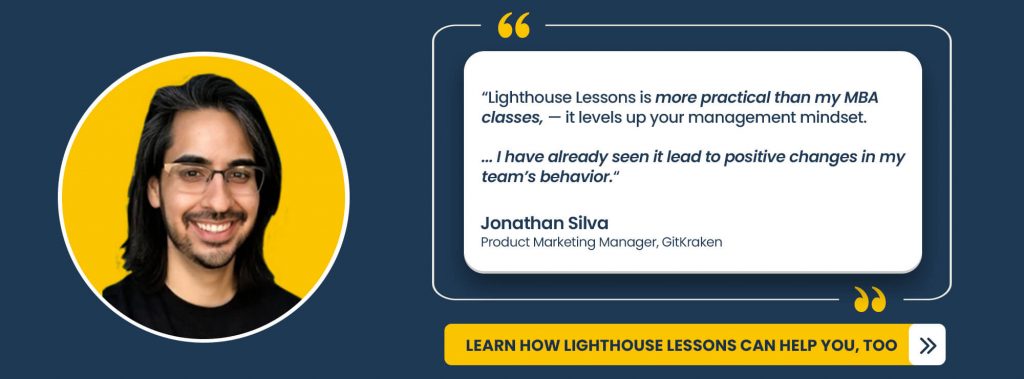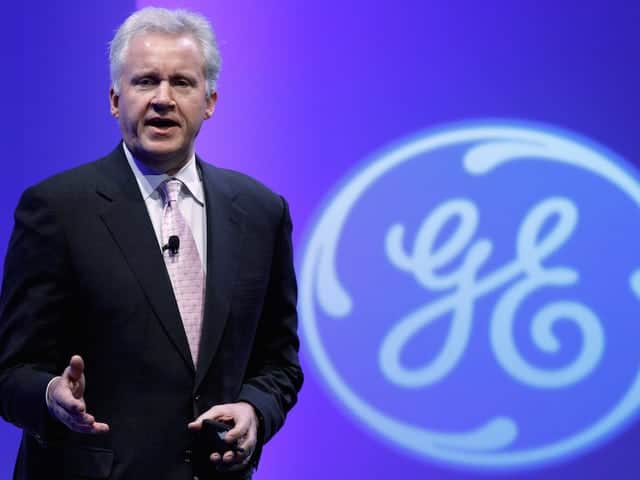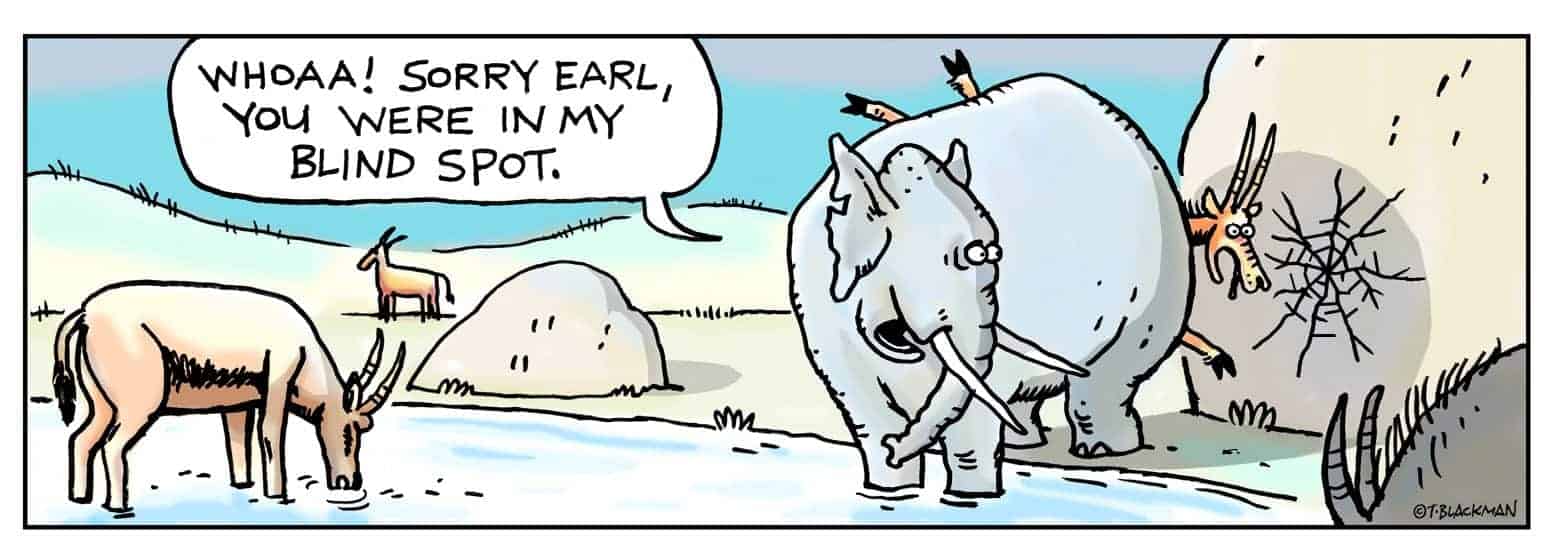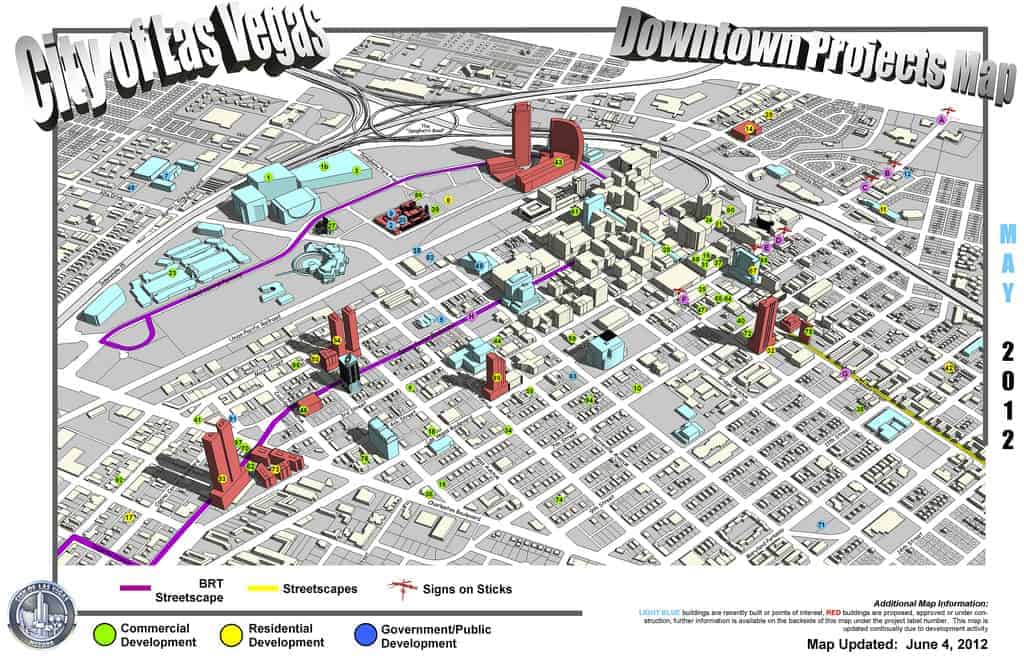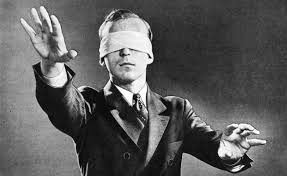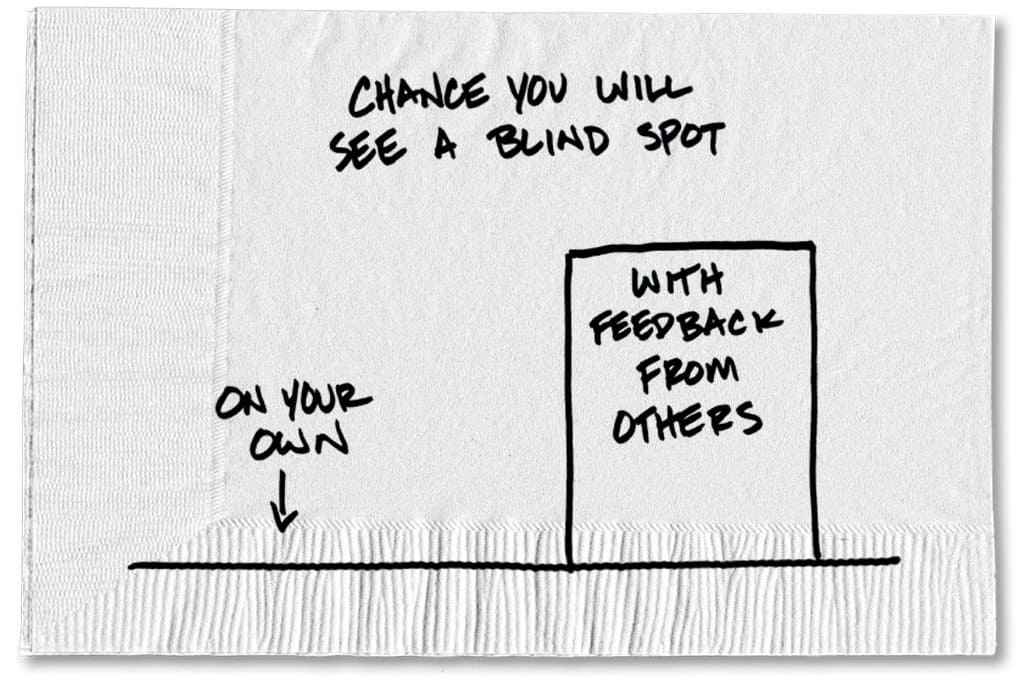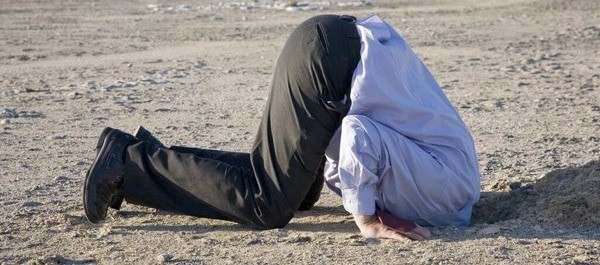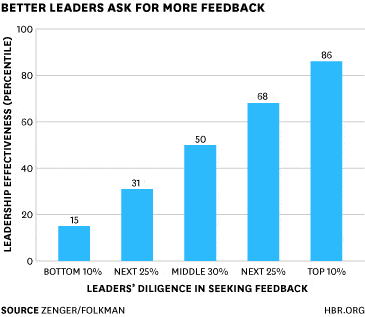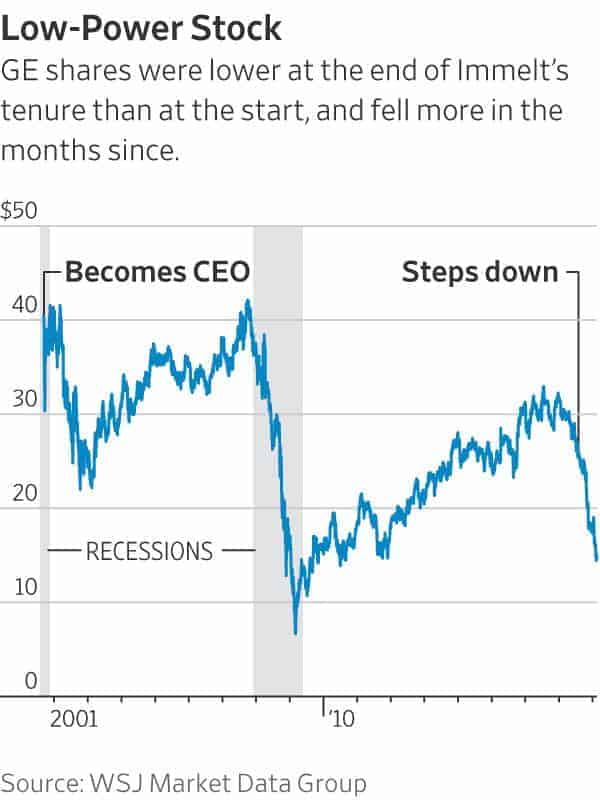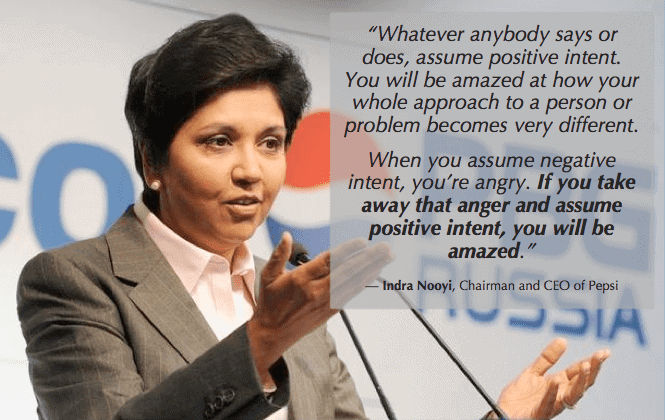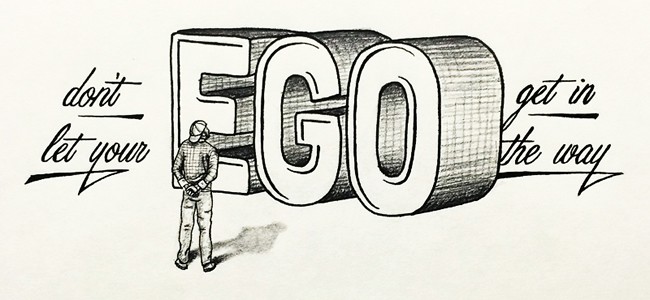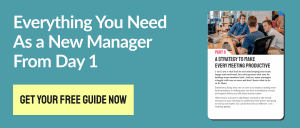"If you target his heel, he will die."
One of the most legendary heroes of Greek mythology was the soldier, Achilles. Known as, "the Greatest Warrior of the Iliad,” he was a masterful fighter in battle.
His personality and leadership skills were equally extraordinary. Courageous, loyal, and inspiring, he and his troops conquered 23 cities without a defeat in battle.
His strengths were almost godlike, except that he had one weak spot - his heel.
According to legend, when he was a baby, Achilles' mother dipped him into the River Styx to give him immortality.
However, because she held him by his foot, his heel never touched the water and was unprotected.
Greatness led to hubris
During the 9th year of the Trojan War, Achilles withdrew himself from battle after a falling out with his commander. He vowed to never return.
However, everything changed when his best friend was killed by the Trojan prince, Hector. His death put Achilles into a fiery rage, vowing to seek revenge.
Achilles slaughtered hundreds of Trojan soldiers and then cornered Hector outside of Troy's walls.
Hector pleaded for his life, but Achilles showed him no mercy, killing him. Blinded by rage, and feeling invincible, Achilles humiliated Hector by dragging his body in front of his grieving family and citizens until he reached his camp.
Undone by ego
Achilles's act of denying Hector his burial rights and showing a lack of empathy toward Hector's family angered the gods. Especially, the music god, Apollo.
Seeking to punish him, Apollo revealed Achilles's weakness to Hector's brother, Paris, telling him, "If you target his heel, he will die."
Armed with this knowledge, Paris shot Achilles in his foot as he entered Troy.
The supreme soldier, Achilles, died, undone by his own ego.
Your Ego can make you like Achilles
Too often, smart, talented, and experienced leaders ruin their legacy due to their ego.
They rely on their ideas too much, avoid useful criticism, and can even bully their employees into silence. Their self-centered attitudes and approaches create a stressful culture and frustrate talented staff leading to employee turnover.
Unfortunately, most bad bosses aren't aware that they're bad. Their egos cause them to believe their actions are helping the company, not hurting it.
And even good leaders have their bad moments. We all have had that coworker that brings out the worst in us, or a bad string of events puts us on a negative track for a minute.
Luckily, these attitudes can be prevented and reformed. When you develop self-awareness, you learn how to better identify blind spots and accept feedback, even in tough situations.
Today, we look at 2 ways good managers can avoid the ego driven mistakes that are the undoing of so many leaders.
How to Prevent Your Ego from Being Your Undoing
If you're reading the Lighthouse blog, there's a good chance you are a pretty good leader, or at least aspire to be one. However, even the best leaders can be undone if they're not careful. Success breeds confidence, but it can also lead to blinds spots and a belief you know everything.
Today, we take a dive into cautionary tales in the business world of those affected by ego getting the best of them and what you can do to avoid a similar fate.
1) Recognize we all have blind spots
As humans, we're flawed. We have biases and blind spots that we're not aware of. However, if we learn to better identify them, we can become more sensible people.
In an interview with Harvard Business School, Professor Max Bazerman explained that our ego causes us to overestimate our positive impact.
We think that we're smarter, nicer, and more logical than we actually are. This is called illusory superiority or the Dunning–Kruger effect.
This phenomenon was confirmed in a study by Professors Oliver Sheldon, David Dunning, and Daniel Ames from Rutgers and Cornell, respectively.
In the article, Emotionally Unskilled, Unaware, and Uninterested in Learning More, they reported on their test on emotional intelligence of over 100 hundred students finishing their MBA.
After taking the test itself, they asked each student how well they think they did.
In a shocking twist, the researchers discovered that the lowest performers were the ones most likely to overestimate their performance.
Even worse, they were also the least likely to buy books that could improve their skills. Some even questioned the credibility of the test.
Sadly, these MBA students had inflated egos, which caused them to believe that they were good enough already.
Learning continues long after school
This study reveals that delusions of grandeur are very common even in the most educated of groups. Professor Bazerman believes that this lack of self-awareness creates blind spots and unaware biases.
Contrary to popular belief, the most well-intended and knowledgeable people are vulnerable to making major mistakes.
Understand that sometimes your perception of your skills aren't always rooted in reality. You will only get better by taking advantage of the helpful resources and people available to you.
When you're practical about your skills and ideas, you get to discover flaws you would never have noticed before.
An overly idealistic ego can cause well-intended and influential leaders to make lapses in judgement, hurting a lot of people. One such case is that of Tony Hsieh, founder of Zappos.
The Zapponian Utopia Dystopia
An example of smart people making mistakes is Tony Hsieh's $500 million urban renewal project in Las Vegas.
Hsieh is the CEO of Zappos, an online shoe marketplace which was bought by Amazon for over $1 billion. The company has been praised for putting employees and customers first.
Hsieh wanted to use the startup model that he used to grow his company to renovate a portion of Las Vegas into a flourishing and innovative startup community. He called this venture, the Downtown Project.
He invested $350 million of his own money in real estate and businesses to attract hundreds of new people.
Hsieh had a big vision for this community. This mini-city would be the go-to place for "Happiness.”
However, as the project went underway, he and his team soon realized that their ambitions were unrealistic.
The fall of the Downtown Project
A few years into the project, things were going poorly for all involved. Hsieh laid-off about 100 employees - a third of his staff.
David Gould, a teacher turned "director of imagination,” wrote an open letter explaining his disillusion with the project:
"We have not experienced a string of tough breaks or bad luck. Rather, this is a collage of decadence, greed, and missing leadership."
Downtown Project's entrepreneurs told Re/Code's Nellie Bowles that Hsieh's ego was to blame for some of the dysfunction. It was rumored that he had a lot of yes-men around him who didn't challenge his vision.
After the suicides of a few entrepreneurs, citizens felt emotionally trapped in the community:
"There were few community resources made available...and they felt confused about what was happening and why [the deaths were] never addressed. Many in the Downtown Project...pointed to Hsieh's philosophy — his obsession with happiness, and with imposing it upon the community — as one of the problems.”
Citizens felt like they had to put on a mask. They couldn't confide in each other about their financial insecurities and other problems. The loneliness was consuming:
"There was no check-in, no meetup for the community. I want someone who can talk to me about my life, not my business.
We have a lot of young people who may be business-brilliant, but the pressure is insane. It's lonely. There's a pressure to socialize and go out. There's a pressure to party.”
Due to these many problems hidden from the public eye, Hsieh is no longer the director of the Downtown Project. He has also admitted that he regretted spent millions of dollars on the renovation.
Although, Hsieh never intended to hurt anyone, his failure to become more aware of the blind spots in his vision put a lot of people at risk.
Overcome your blind spots
The Downtown Project is an excellent example of Prof. Bazerman's point. Delusions of superiority or having all the answers can cause you to romanticize your ideas and fail.
In the book, Pour Your Heart Into It, Starbucks founder Howard Schultz's explains that great leaders are both idealistic and realistic:
"Without romance and vision, a business has no soul, no spirit to motivate its people to achieve something great. But a successful company can't sustain itself on exhilarating ideas alone. Many business visionaries have failed as leaders because they could not execute.
Processes and systems, discipline and efficiency are needed to create a foundation before creative ideas can be implemented and entrepreneurial vision can be realized.”
Schultz explains how a sensitive ego stops many leaders, like Hsieh, from hiring people who could help them overcome their blind spots:
"There's a common mistake a lot of entrepreneurs make. They own the idea, and they have the passion to pursue it. But they can't possibly possess all the skills needed to make the idea actually happen.
Reluctant to delegate, they surround themselves with faithful aides. They're afraid to bring in truly smart, successful individuals as high-level managers.”
Schultz also adds that being around smart and creative people is more beneficial than a crew of yes-men.
An ego stroke is only temporary and doesn't help your business long-term; as General George Patton once remarked, "If everyone agrees, someone isn't thinking.”
If you want to drive positive change and succeed in your team's goals, be aware that your own pride or ego could be stopping you from helping make your dreams a reality.
Empower your team members to remove your blind spots
Throughout his career, Schultz has hired people with more experience, and confidence than him to debate him on important decisions:
"In my own case, I have to admit, it wasn't easy. My identity had quickly become so closely tied up with that of Starbucks that any suggestion for change made me feel as if I had failed in some aspect of my job.
Inside my head, it was a constant battle, and I had to keep reminding myself: These people bring something I don't have.
They will make Starbucks far better than I could alone.”
Schultz's blind spots in leadership were covered by great people like Howard Behar and Orin Smith.
Howard and Orin were 10 years older than Schultz. They had attitudes and skills that were much different than his. Schultz admitted that throughout their years working together, Starbucks has been enriched and broadened by their leadership.
"By 1990, I had assembled a management team that worked together so tightly and synergistically that people called us "H2O,” for Howard, Howard, and Orin.
We stood for the vision, the soul, and the fiscal responsibility. In many respects, Howard and Orin are polar opposites, but each of us has provided an essential ingredient to Starbucks' success”
Schultz is grateful that he didn't allow his ego to stop him from respecting their opinions.
Follow Schultz's approach by hiring people who have better and different skills than you. Embrace the challenges and feedback they bring you.
At first, your ego may hurt. However, over time, you'll learn to appreciate their perspectives which can lead to better ideas than what you'd come up with on your own. It will also take the pressure off of you to always have all the answers.
2) Avoiding criticism hurts you and your company
In an interview with HBR, Researcher Paul Green revealed insights he learned after studying peer reviews from 300 employees. His conclusion? Most people don't like criticism.
When these employees received negative feedback, they would distance themselves from the people who gave it. They started to look elsewhere for validation, abandoning the relationship they had with the reviewer.
He repeated the experiment with a writing group. Again, people who were given negative feedback on their short story wanted a new partner.
Green concluded that most people see negative feedback as a threat, even if it's supposed to help them.
Of course, this mentality is counterproductive. If you want to improve, you must identify the areas where you're lacking.
To become a high-performing leader, avoid letting your ego get in the way of your long-term growth. Embrace criticism as a key part of your development and success.
Be Proactive: Ask for feedback
The firm, Zenger Folkman, released a study showing that people who ask for feedback are the most effective leaders.
They studied 51,896 executives and discovered that leaders who were in the bottom 10% in asking for feedback, were also on average rated in the 15th percentile for effectiveness.
In contrast, the top 10% of leaders, were the ones who asked for feedback the most. Their leadership effectiveness was on average at the 86th percentile:
"The worse they are as a leader, the less likely they are to ask for feedback, because they're afraid they'll hear the truth.
The better people are, the more they keep asking, ‘How am I doing? Would you change anything?'”
Seeing criticism as a negative urges people to avoid or hide it, preventing meaningful growth. Meanwhile, if you embrace feedback, and genuinely take it into account, you'll find it both easier to ask for more, and find your team more willing to give it.
Unfortunately, hiding from feedback can happen at even the highest levels of even the most well-known companies.
The "Success Theatre” at GE
A culture of avoidance has ruined the century-old iconic American corporation, GE.
Earlier this year, GE's CEO Jeffrey Immelt told a room of shareholders and investors that he was very optimistic about the company's future. "It's not crap. It's pretty good really,” he said.
Weeks later, Immelt announced his retirement. His secrets couldn't hide any longer.
The hidden bad news
After his departure, investors discovered that GE wasn't in good shape. In fact, GE had lost nearly $10 billion in 2017 alone.
They were in total shock. How could this happen?
Insiders blamed this on Immelt's "success theater.” He created a culture where it was acceptable and rewarded to over project sales figures even when reality didn't match.
For decades, Immelt acquired and invested billions in companies that never flourished, but Immelt's ego was too proud to admit these mistakes.
Also, Immelt didn't like hearing or delivering bad news. He wanted to pretend that these deals were a success.
He took this so far as to hide actual financial information from shareholders to keep up the masquerade.
Analyst John Inch said, "The history of GE is to selectively only provide positive information. There is a credibility gap between what they say and the reality of what is to come.”
GE is now paying dearly for Immelt's inability to accept criticism and face hard facts. Their stock is down a stunning 56% since his departure in January 2017 revealed the lies:
Great teams embrace bad news
The tragic part of GE's demise is that it could have been prevented.
In the Washington Post, Professor Ethan Burris believes that Immelt and his managers could recover from their setbacks if they practiced constructive discontent.
Burris argues that town hall meetings would have provided employees with opportunities to propose solutions to executives. Instead, hundreds of them are in danger of being laid-off.
Acknowledge the elephant in the room
Avoiding lousy news doesn't stop bad things from happening. And workplace research backs it up. Researchers at RHR International discovered that the best leaders know how to acknowledge and address bad news.
Researchers surveyed senior leadership teams in a variety of industries to find out how they collaborate. It turns out that the best performing teams were excellent at managing tensions instead of rushing to agreement.
The best teams knew how to overcome complexity and uncertainty. They saw tension and debate as key parts of the process of creating great solutions.
To handle conflict, they created thoughtful dialogue, discussed trade-offs, and reached effective compromises. Key to making their difficult conversations work, these teams usually had high levels of trust, transparency, and a team-first mentality.
Unlike Immelt, they acknowledged mistakes and developed strategies to overcome them. For these leaders, coming up with the best solution was more important than anyone's ego in the room.
Start with your mindset
If you want to build a team that isn't afraid of bad news or criticism, you must start by building resilience within yourself.
Mark Murphy, NY Times best-selling author and founder of Leadership IQ, explains that you can do this by re-framing criticism as information instead of a reflection of yourself or anyone else:
"If every ounce of feedback becomes personalized, if it becomes viewed as an indictment of who you are, your existence, and reason for living, then it's going to be tough to accept feedback.
But if feedback is viewed as one more point of data to assimilate, to analyze, to allow you to make a better decision, then it's not so emotional.
And that's one of the major lessons about feedback: people who are best at it, de-personalize it. They view it as information.”
Just because you make a mistake, doesn't mean that you are a mistake. Criticism doesn't lessen your value. It doesn't mean that you are any less smart or talented than before.
Look at feedback as discovering an area that you could improve yourself or the quality of some of your work.
Build a network of diverse and positive people who want to see you do better and will challenge your ego. Having supportive people around you like Howard Schultz does makes receiving feedback easier to handle.
If your colleagues, mentors, and peers have your best interests at heart, and you're open to their suggestions, everyone wins.
A taste of their own research
Even researchers can experience the ego sting when receiving feedback. Prof. Bazerman (mentioned earlier) admitted to getting uncomfortable feedback from his wife. However, because they have such a strong relationship, he was able to overcome the discomfort and see the feedback as a gift.
He realized her advice was not an insult, but a desire to help him. Because of the positive experiences he usually had with his spouse, he was able to overcome the initial defensiveness from his ego.
His subjects acted the same way in his writing experiments. When given negative feedback along with positive affirmations, they felt that critiques were helping them and not proof that they were poor writers.
Next time you're in a scenario of getting feedback that initially makes you defensive, think about how the feedback could help you and the positive intent coming from your colleague.
You can do the same when giving feedback to your team by reminding them of your positive intent, too. This will create a culture of healthy feedback so nothing critical goes unsaid or creates "success theater."
Conclusion
An unchecked ego is the deadliest killer for a leader.
Champion leaders, like Achilles, are celebrated for their skills, knowledge, and experience. But over time, their success gives them an illusion of superiority.
Their ego tricks them into thinking that they're better than they actually are. So, they overlook any blind spots or biases that they have. This causes them to make foolish decisions.
These poor leaders can also be overly sensitive to feedback. They see criticism as a dig to their character instead of a chance to get better.
These attitudes are toxic to an organization as their behavior impacts the teams they lead.
Fortunately, both these issues can easily be solved.
Change your mindset, change your outcomes
Remember: no one is perfect, including you. You don't have all the answers, and don't have to have them. Build a network of talented, supportive, and cognitively diverse people who can share feedback and other perspectives.
Then, keep in mind the positive intent others have when giving you advice and feedback. They can see your weaknesses better than you can. They'll give your ego delusions a reality check that can save you many sleepless nights and failures.
Today, well-rounded leaders are needed more than ever. When you learn from your mistakes and flaws, you can only get better. It's totally natural to at times feel defensive and to want to be confident in your abilities.
However, the best thing you can do for your team is assume positive intent with any criticism or feedback you hear, and embrace the idea that you do not know everything nor do you need to have all the answers.
Further Reading:
If you're looking to dive deeper into this topic, these are great places to start:
- Learn to embrace a more positive outlook with these approaches
- If you need more feedback from your team, here's how to get more of it.
- To get your team feeling safer discussing criticism and sharing ideas, learn about creating psychological safety here.
Want to build up your management skills? Lighthouse Lessons can help you.
Our bite size, highly actionable programs are perfect for even the busiest of managers. Become a better leader like Jonathan Silva did by learning more and signing up here.
